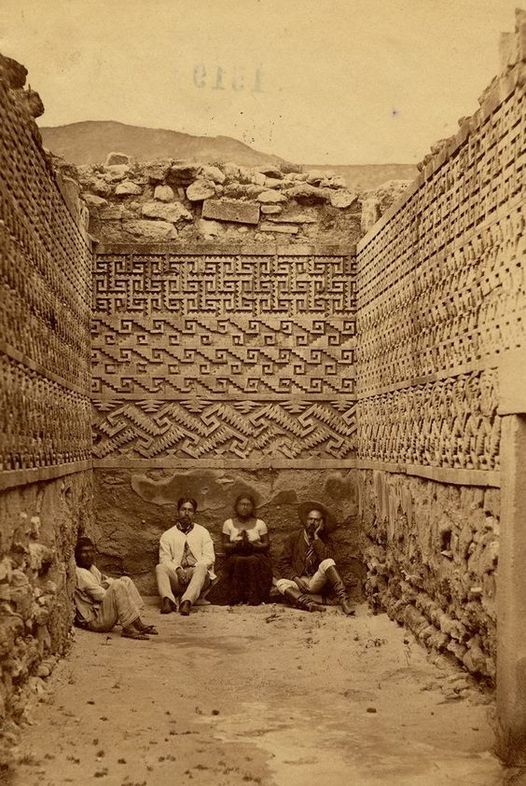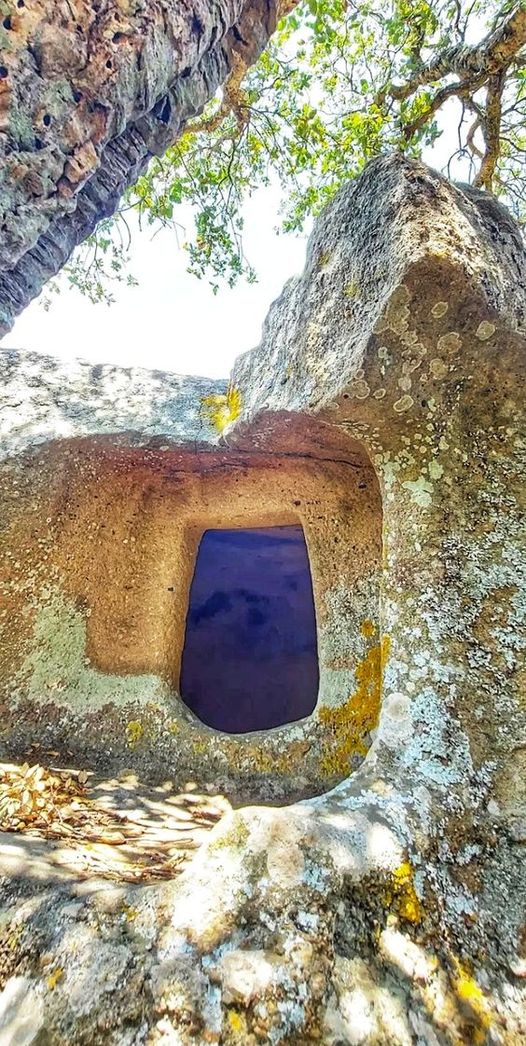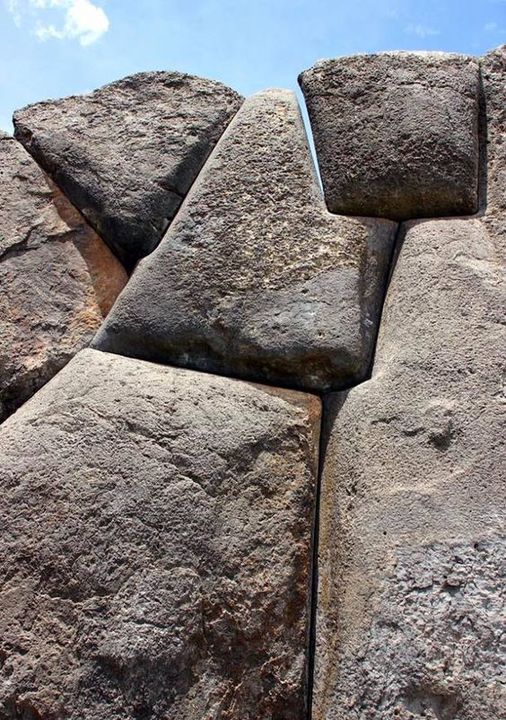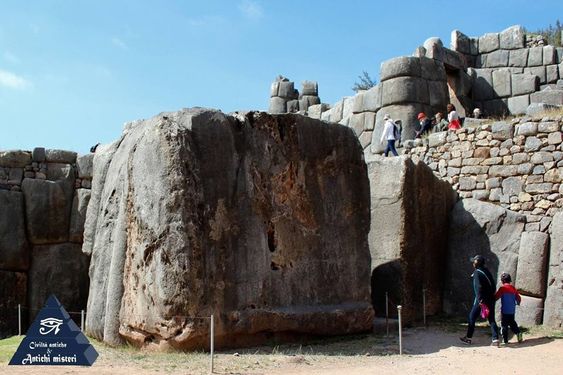Have you ever looked up at the night sky, gazing at the stars, and wondered about the possibility of extraterrestrial life? The idea that we might not be alone in the universe has fascinated humanity for centuries. But what if the truth is far stranger than we ever imagined? Could it be that the aliens we have been searching for are, in fact, us? Could it be that we ourselves are aliens?
The Seeds of Life
The origins of life on Earth remain shrouded in mystery. Scientists believe that life emerged from simple organic compounds, but the exact process is still a topic of intense research and debate. Some theories propose that the building blocks of life might have been brought to Earth by comets or meteorites, suggesting an extraterrestrial origin. This idea, known as panspermia, raises intriguing questions about the possibility that life's seeds were planted here by cosmic travelers from another world.

Ancient Astronauts and Mythical Beings
Throughout history, various cultures have shared myths and legends about gods or beings descending from the heavens. These accounts often describe advanced knowledge and technology that ancient civilizations could not have possessed on their own. Could these myths be distorted memories of actual encounters with extraterrestrial visitors? The ancient astronaut theory speculates that these myths might have a basis in reality, suggesting that our ancestors interacted with alien beings, shaping the course of human history.

Genetic Anomalies and Evolutionary Leaps
The rapid evolution of Homo sapiens has long puzzled scientists. Unlike other species, our development from primitive hominids to a highly intelligent species occurred relatively quickly in geological terms. Geneticists have identified various genetic anomalies in the human genome that don't align with the gradual pace of natural selection. Some scientists posit the idea of directed evolution, suggesting that external forces, possibly extraterrestrial intervention, played a role in accelerating our genetic development.

Unexplained Phenomena and UFO Encounters
The phenomenon of unidentified flying objects (UFOs) has captivated the public imagination for decades. While many UFO sightings can be explained as natural or human-made phenomena, some remain unexplained. Eyewitness accounts from credible sources, including military personnel and pilots, describe encounters with aircraft displaying capabilities far beyond our current technological understanding. Could these sightings be evidence of advanced alien civilizations monitoring their ancient experiment on Earth?

The Search for Extraterrestrial Intelligence (SETI)
For years, scientists have been scanning the cosmos, listening for signals from extraterrestrial civilizations. The Search for Extraterrestrial Intelligence (SETI) aims to detect radio or light signals that could indicate the presence of intelligent beings elsewhere in the universe. But what if these aliens are not sending signals from light-years away, but are already here, living among us? The notion challenges our traditional understanding of alien contact and urges us to explore unconventional possibilities.

Embracing the Mystery
In our quest to unravel the mysteries of the universe, we must remain open to possibilities beyond our current understanding. The idea that we ourselves could be aliens challenges our perceptions of identity, origins, and existence. While scientific exploration continues to provide valuable insights, the enigma of our potential extraterrestrial connection reminds us of the vastness of the cosmos and the boundless wonders it holds.

As we ponder the notion that we might be the extraterrestrial beings we have been searching for, it's essential to approach these ideas with a balance of skepticism and open-mindedness. The search for truth often leads us down unexpected paths, and embracing the mystery of our existence can expand our understanding of the universe and our place within it. So, the next time you look up at the stars, consider the possibility that we are not just observers in the cosmos but active participants in a cosmic story that spans the depths of space and time.






